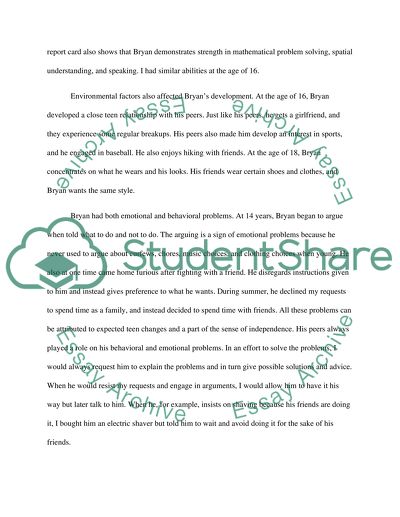Cite this document
(Nature and Nurture in Early Child Development Essay Example | Topics and Well Written Essays - 1250 words, n.d.)
Nature and Nurture in Early Child Development Essay Example | Topics and Well Written Essays - 1250 words. https://studentshare.org/psychology/1698127-my-virtual-child-reflection
Nature and Nurture in Early Child Development Essay Example | Topics and Well Written Essays - 1250 words. https://studentshare.org/psychology/1698127-my-virtual-child-reflection
(Nature and Nurture in Early Child Development Essay Example | Topics and Well Written Essays - 1250 Words)
Nature and Nurture in Early Child Development Essay Example | Topics and Well Written Essays - 1250 Words. https://studentshare.org/psychology/1698127-my-virtual-child-reflection.
Nature and Nurture in Early Child Development Essay Example | Topics and Well Written Essays - 1250 Words. https://studentshare.org/psychology/1698127-my-virtual-child-reflection.
“Nature and Nurture in Early Child Development Essay Example | Topics and Well Written Essays - 1250 Words”. https://studentshare.org/psychology/1698127-my-virtual-child-reflection.


